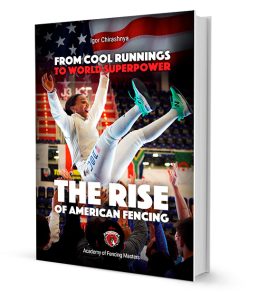Sleep is not just about spending time in bed under the covers. Sleep restores the body, and the mind too. Without enough sleep, athletes can’t function at their best. It’s as critical as eating well or exercising for a healthy body, yet sleep doesn’t often get the...









